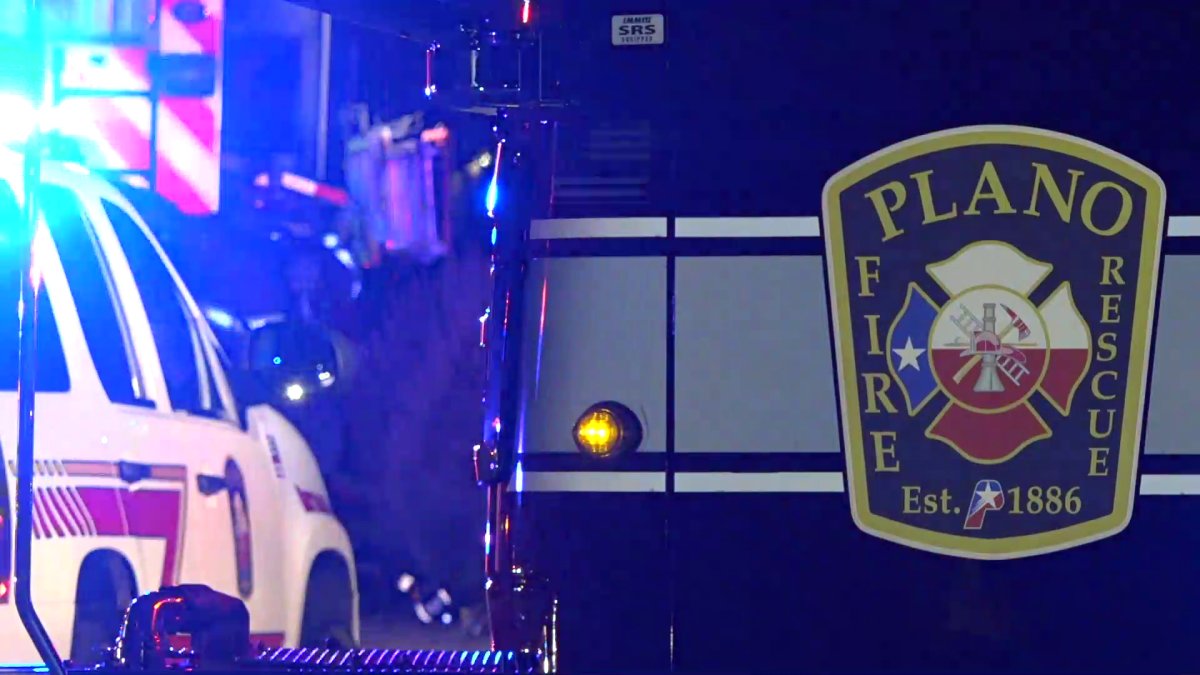According to the city, Plano Fire-Rescue has experienced a 30% increase in calls for service over the past decade.
A 56-hour workweek for firefighters is not uncommon.
“It seems like we’re awake at night more than we’re sleeping,” said Plano Fire Rescue firefighter paramedic Nathan Averett.
On Tuesday, the Plano City Council unanimously approved a new work schedule that addresses the mental and physical strain these grueling hours can put on firefighters and paramedics.
Council members approved a new contract with the Professional Firefighter Association, Local 2149, that includes a new work schedule model: Plano Fire-Rescue will transition to 24/72 shifts – 24 hours on and 72 hours off.
For decades, the department has operated under a 24/48 shift, with 24 hours on and 48 hours off. The rotating 24-hour shifts followed by extended days off is a standard structure among fire departments.
In recent years, departments across the country have moved toward longer rest periods in an effort to help mitigate multiple issues affecting firefighters.
Plano Fire Chief Chris Biggerstaff remembers the quick turnarounds.
“A lot of times you don’t even realize it when you’re in it,” he said. “When you get to the fire station that morning, your stress level just goes up because you’re, you already know that you have to be alert, ready to go all the time.”
Having two days to recover is often not enough, said proponents.
“You start to see an increased number of cancer cases in certain cancers,” said Biggerstaff. “You see an increased level of PTSD from the mental health side of the service.”
Not to mention fatigue, he said.
Plano’s plan comes with concessions overwhelmingly supported by union members, including a four-year pay freeze.
“They were willing to give up some things because they knew it was that important to their mental and physical health,” he said.
Shift schedules vary from city to city, but some communities are also shifting their schedules.
According to a post on the city’s website, in January 2026, the Allen Fire Department will move to a 1-3, 2-3 schedule. This means firefighters will be on for 24 hours and then off for 72 hours, followed by being on for 48 hours and then off for 72 hours.
The Lewisville Fire Department is transitioning to a 48/96 shift schedule, on for 48 hours and then off for 96 hours, according to Fire Chief Mark McNeal.
When asked why this format was selected, McNeal told NBC 5 via email: “This model is widely used in the Metroplex and has a high satisfaction rate among the departments that use it. Under this schedule, firefighters work 48 hours on duty followed by 96 hours off duty. This structure provides extended recovery time between shifts, supports a healthier work-life balance, and allows for more family time compared to the traditional 24/48 schedule. In addition, the reduction in commuting days effectively cuts travel in half, lowering fuel and transportation costs for personnel. The shift adjustment was driven by our firefighters and was achieved with minimal financial impact to the city.”
When asked why Plano decided against similar models, like the 48/96 shift, implemented by other fire departments, Biggerstaff replied, “We did consider 48/96, looked at it. Our city leadership said, ‘We feel like this is a safer, better option.’”
The new contract adds an entire shift to the Plano Fire-Rescue Department and will hire 22 positions every year over the next five years. He said the schedules will reflect the new hours in four years.
Since the effort began, Biggerstaff said they have already registered an uptick in applicants looking to join the department.
Averett said he’s looking forward to saving on paid time off to maximize his time with family on vacation.
“I think it’s pretty incredible,” said Averett of the decision. “The wear and tear on our body over the course of a career. I mean, we’re looking at 700 plus hours less per year, that’s pretty significant.”
Following Tuesday’s vote, Plano Mayor John Muns released a statement, saying: “Plano has always been committed to excellence, and nothing is more important than the safety and well-being of our residents and first responders. By investing in this new 24/72 schedule and additional personnel, we are not only protecting the health of our firefighters but also ensuring the highest level of service for our community. This decision reflects our dedication to keeping Plano a safe, thriving city with an outstanding quality of life for everyone who lives and works here.”

